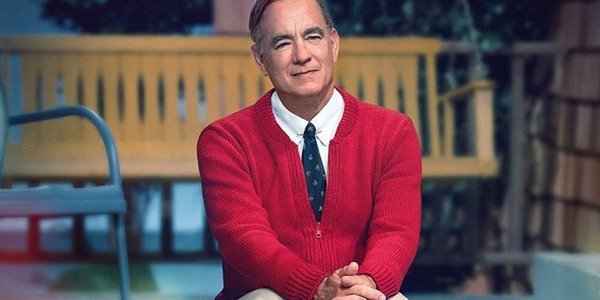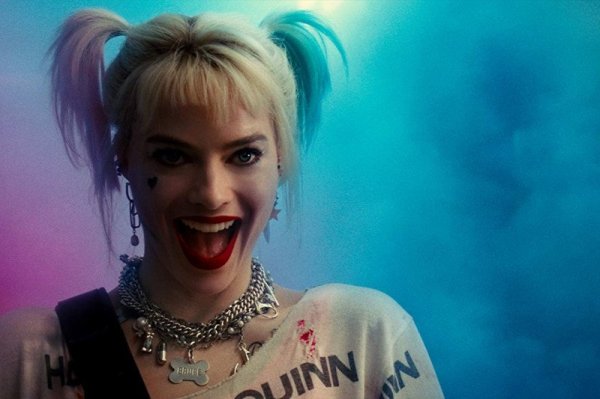When it comes to the great war movies, World War II and the Vietnam War rise up to the occasion, but great war movies centering on World War I’s gruelling trench warfare can only be counted on the fingers of one hand. All Quiet on the Western Front (1930), Paths of Glory (1957) and A Very Long Engagement (2004) come to mind. Perhaps the punishing and rigid nature of trench warfare do not inured us to the vagaries of combat.
Sam Mendes’ 1917 is a mind-blowing and ambitious movie about an impossible mission across enemy lines during World War I. It seeks to be the definitive film about WWI, what Platoon (1986) is to the Vietnam War and what Saving Private Ryan (1998) is to WWII, but for me it comes in a close second to All Quiet on the Western Front. Mind you, there is no shame in that.
The story couldn’t have been simpler: Schofield (George MacKay) and Blake (Dean-Charles Chapman), two young British soldiers during the First World War, are given a seemingly impossible mission. With time against them, they must deliver a message, deep in enemy territory, that will stop their own men, and Blake’s own brother, walking straight into a deadly trap.
If the story is flimsy, the plot isn’t. The camera keeps them front and centre in a single continuous shot (a trained eye will tell you there are at least three cuts). Rather than celebrating the pair’s little victories, 1917 brings out the darkest moments of the war and the pair trying to make sense of a world that has lost its moorings. A crack of a bullet zinging through the air and a swing of a blade can separate life from death. It vividly captures the gruelling nature and gruesome bloodshed of the trenches.
There are a couple of heart-stopping set-pieces that are fraught with armrest-clutching suspense and the set-design is awe-inspiring. They must have built the sprawling sets of a claustrophobic tunnel, a dilapidated farmhouse and a skeleton-esque French town in ruins, didn’t they?
The true star of the film is Roger Deakins’ incredible camera work – the beguiling tracking shots revealing more and more frightful details as it tracks along with the pair, the sweeping pans and the vibrant crane shots. Every shot is a sit-up-and-look-at-me shot and quite a few had me going “how the heck did he do that?”
Herein lies the problem for me – the stylistic choice draws so much attention to itself that it can detract a seasoned viewer from the narrative aspect. Because of the choice of shooting everything in one continuous shot, the main characters remain a little vague, not satisfyingly fleshed out. We don’t have the luxury of more engaging way of filling in the back stories, except through expositional passages carried out by the prominent actors like Colin Firth, Andrew Scott, Mark Strong and Benedict Cumberbatch.
That said, the ambitious continuous shot succeeds in bringing an immediacy to the soldiers’ journey through hell. Chapman who plays Schofield is wonderful. He brings a fear and hope that is very much evident in his eyes, carrying the movie all the way to the finishing line.
1917 is one of those rare films that blew my mind the moment it ended, but after a good night’s rest, long after the euphoria has died down, it loses some of its shine. Dare I say it felt gimmicky? But what do I know… 1917 is freshly minted with a win for Sam Mendes as Best Director and is the winner for Best Motion Picture (Drama) at the recent Golden Globes. Don’t take my word for it. Go see it for yourself. In fact, I feel like seeing this again; this time not allowing the technical stylistics to detract me. This is a true wonder of form.
Written by Daniel Chiam







